This conference took place on Monday 10 October.
Browne Jacobson warmly welcomed delegates to our exhibition hall on the day and we are now publishing key sector highlights from those lawyers who represented the service offerings across the exhibition stands.

Highlights
Browne Jacobson was delighted to welcome Professor Sir Jonathan Van-Tam as a key note speaker at our recent Health and Care Connect Conference. We are delighted to now share the film of this key note speech together with an article sharing the key insights written by Professor Sir Jonathan Van-Tam himself.

Browne Jacobson welcomed the Chief Coroner, His Honour, Judge Thomas Teague, KC as a guest speaker at our recent Health and Care Connect Conference. We are delighted to now publish the key insights from that session, authored by the Chief Coroner himself.

We spoke with a number of attendees from across the country at the inquiries and Investigations stand. Perhaps the most common discussion point was how an organisation could manage capacity issues at a time when business-as-usual activities continue to be particularly demanding. There was an understandable nervousness among some: being involved in a public inquiry can be a daunting experience and is one which some organisations - and even colleagues who have worked in the public sector for a long time – may have had no experience of.
There was much discussion about how, at the start of an inquiry process, organisations could set themselves up for dealing with document requests, and how organisations could be proactive in readying themselves for what very often does entail a lot of very important work. We discussed the advantages of working positively with Inquiry teams to agree memoranda of understanding and data sharing agreements early on the process, before requests for documentation come in thick and fast.
A number of attendees were aware of some of the big public Inquiries which Browne Jacobson have been involved in over the years and were keen to learn how some of those Inquiries had gathered evidence, and what their impacts were for the NHS. We agreed that early preparatory work for a current inquiry can be usefully informed by previous Inquiries. Considering the legal nature of the Inquiry being run and undertaking a careful analysis of the Terms of Reference is also vital.
This is a busy year for inquiries. A number of high profile inquiries will be in full swing when our conference returns next year. We look forward to further conversations then, and supporting clients with what we can in the meantime.
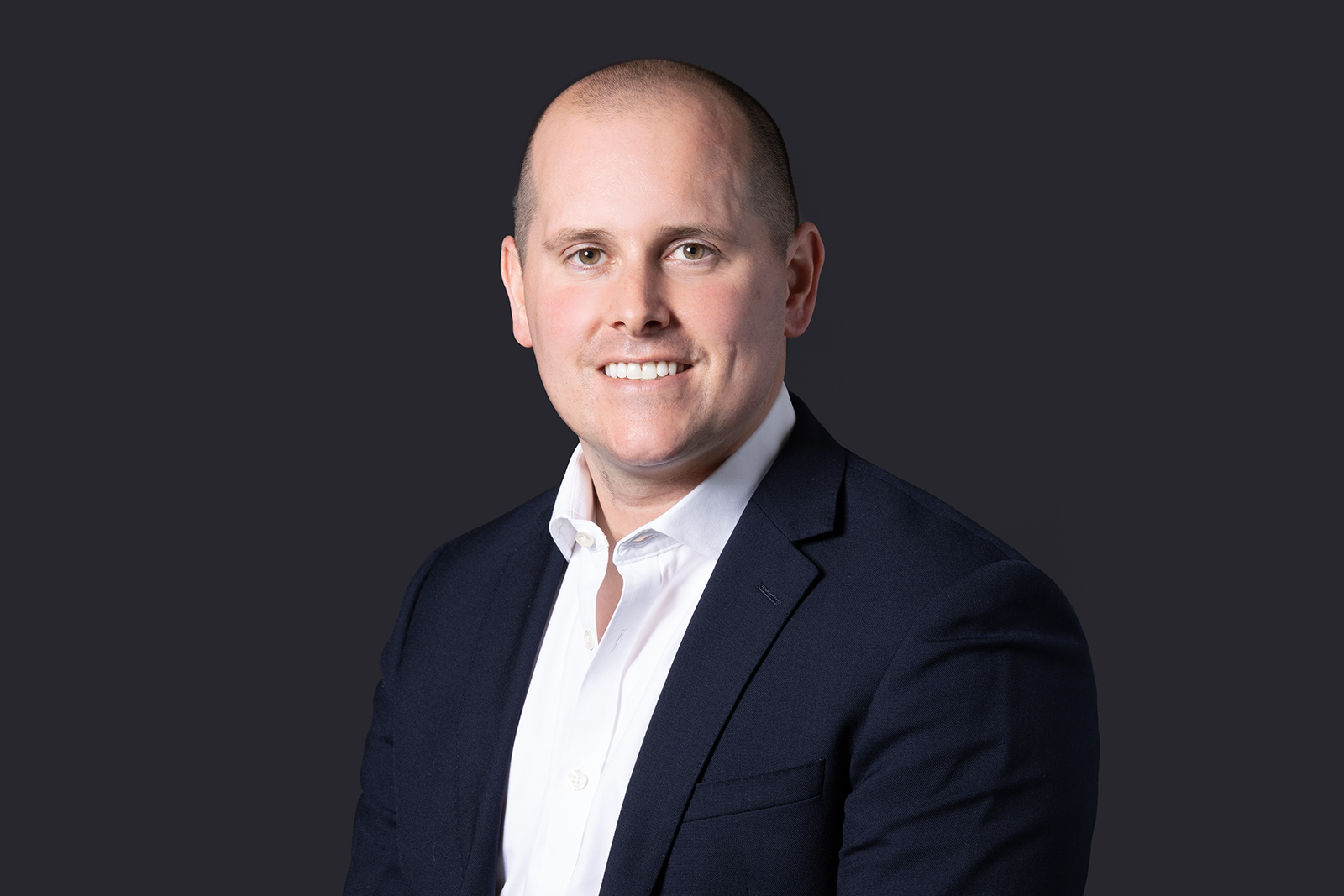
It was great to be a part of the Health and Care Conference. There’s a lot going on in Employment Healthcare at present, the impact of pay for healthcare workers which has led to potential for industrial action in the NHS, and remains a current source of difficulties for independent and social care providers attracting and retaining staff. Therefore, it is an unsettling time for many HR practitioners, leaders and managers. In addition to this culture and speaking up continue to be hot topics. Health and care organisations are urged to support their Freedom to Speak Up champions, Guardians, or ambassadors by engaging with them on any difficult areas. Carrying out surveys to find out if speak is working effectively and consider whether the 3 tiers of training on speak up as recommended by the NGO in the NHS might benefit your organisation. Another topic of interest is workforce sharing, which given the creation of system working following the introduction of ICBs and potential for industrial action, may become even more topical in 2023. We are currently working on ways to further support our clients who may be considering entering into such agreements.
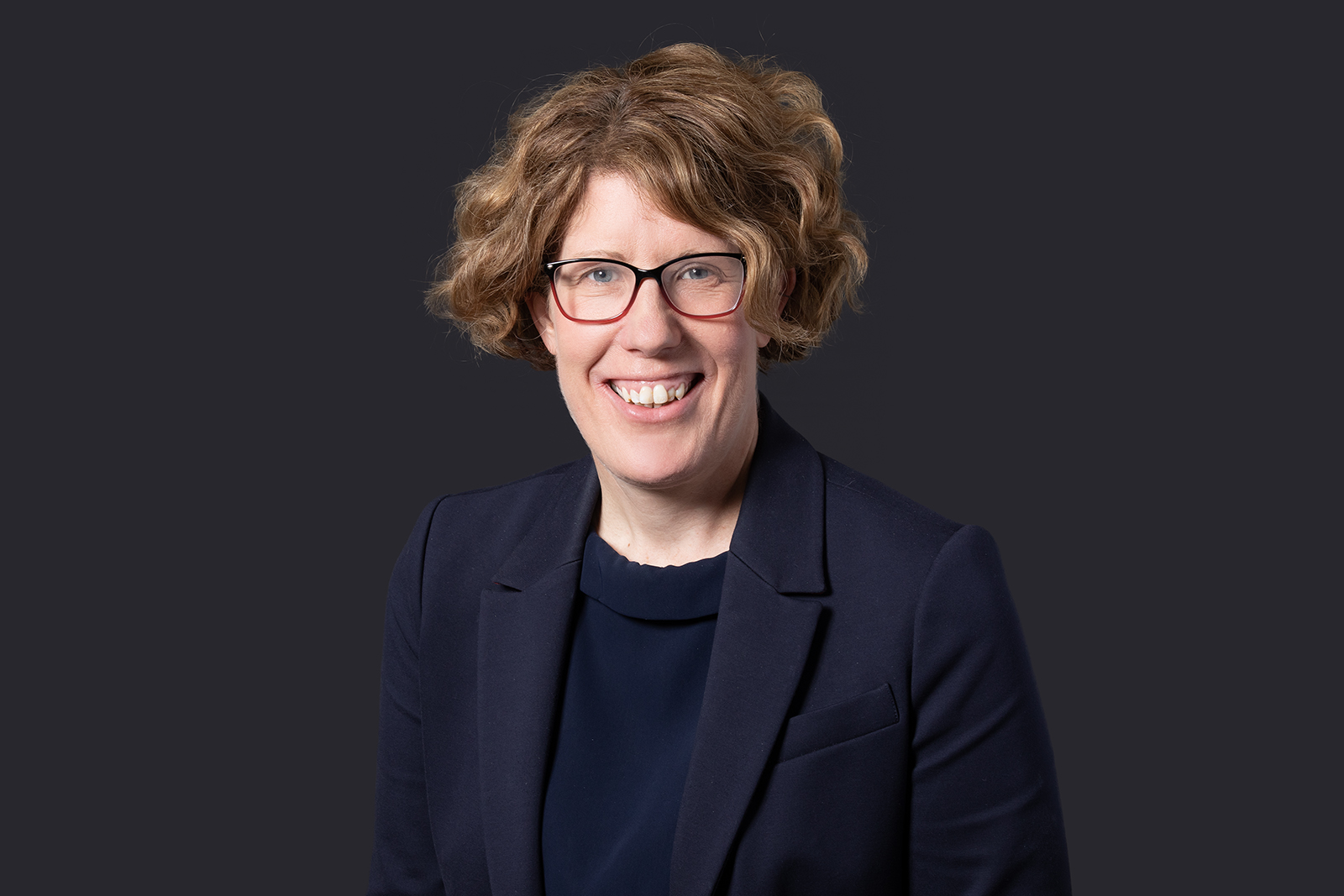
One of the workshops on the day focused on Liberty Protection Safeguards (‘LPS’). Becky Fitzpatrick led the session and was joined by Her Honour Judge Carolyn Hilder, Senior Judge of the Court of Protection, Rhian Davies, Head of Legal at Mind and Professor Nav Ahluwalia, Consultant Psychiatrist and previous Associate Medical Director at Rotherham, Doncaster and South Humber NHS Foundation Trust (RDaSH).
The room was full, and this is not surprising given that LPS is a hot topic for our health and social care clients at the moment. As well as attending the workshop we hosted an LPS stall at the HACC marketplace; with it being such a fundamental future change to mental capacity law (and the biggest since the inception of the Mental Capacity Act in 2005), it required a stall of its own.
The workshop was incredibly interesting, as attendees got to hear the different approach to the LPS proposals; from a judicial, service user, clinical and lawyer’s point of view. There was real passion in the room about the move from a paternalistic approach and seeking to place the patient or service user at the heart of all decision making. Although this is of course the aim of the current legal framework, this is something that LPS seeks to push even further forward.
As expected, there were lots of questions from delegates (although not what we usually get asked which is when will LPS come in to force). If any clients across the sectors want to find out any more information, the Advisory and Inquest team has already delivered a series of helpful webinars which are available online. Given the further expected amendments to the proposals now the consultation period has come to an end, more free resources will be made available in due course. Please do feel free to contact our team for any further information.
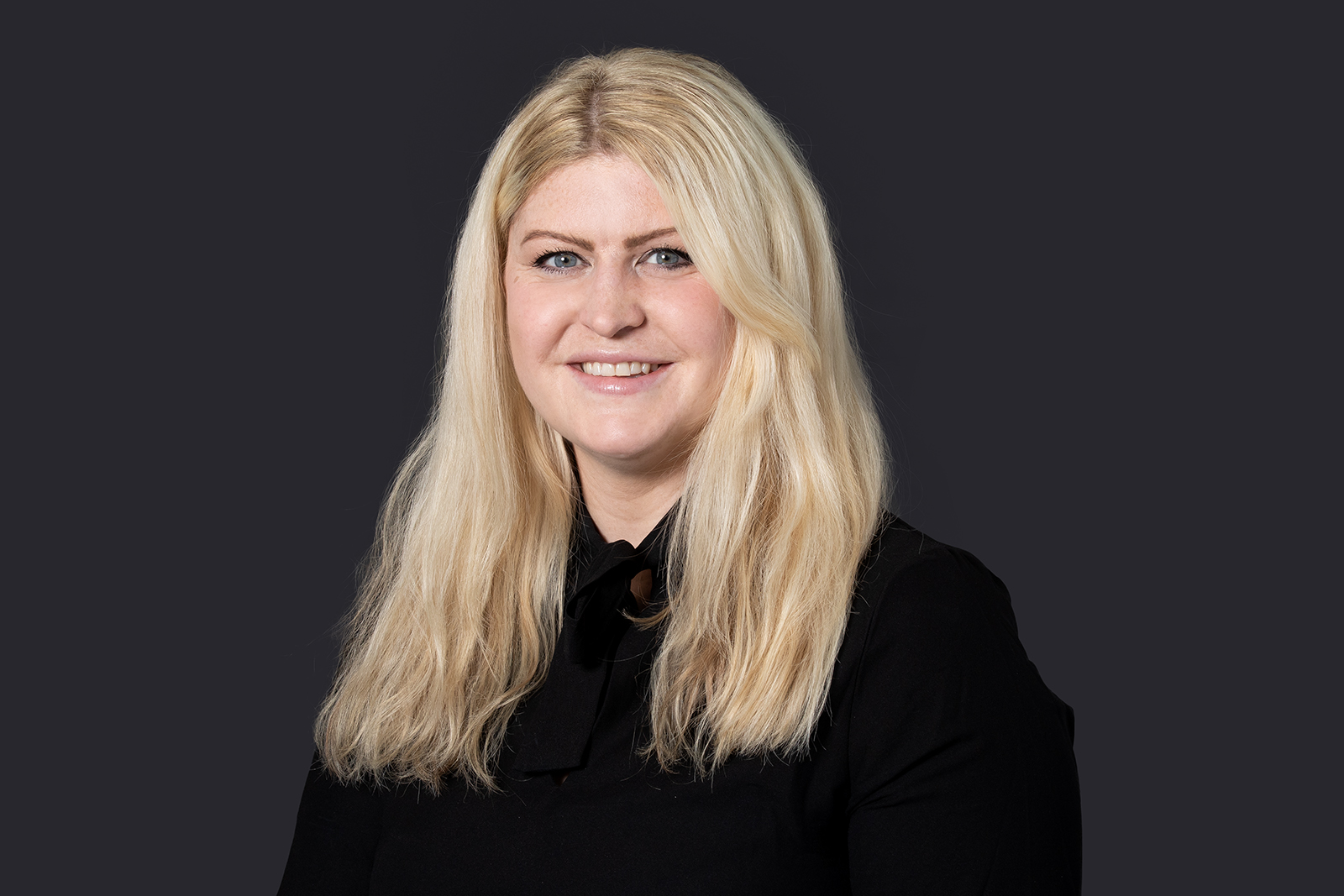
The conversations on our Future of Legal Services stand proved that the attendees are as excited as us about the opportunities for legal services to evolve and for us to be able to provide legal support in different ways going forward.
After the last few years, it was lovely to be able to have discussions with so many people in person and it was a great opportunity to share information on our forthcoming products, test out new ideas and seek views on what else we might offer.
Whilst we were not able to speak to everyone, we had a very positive response to the online survey, which was available via the conference app. That survey remains live so, for anyone that has not had a chance to share their thoughts, please do so via this link. The survey is available to anyone, regardless of whether they attended the conference.
We would love to hear your thoughts and ideas, so please get in touch - either by completing the survey or contacting us directly.
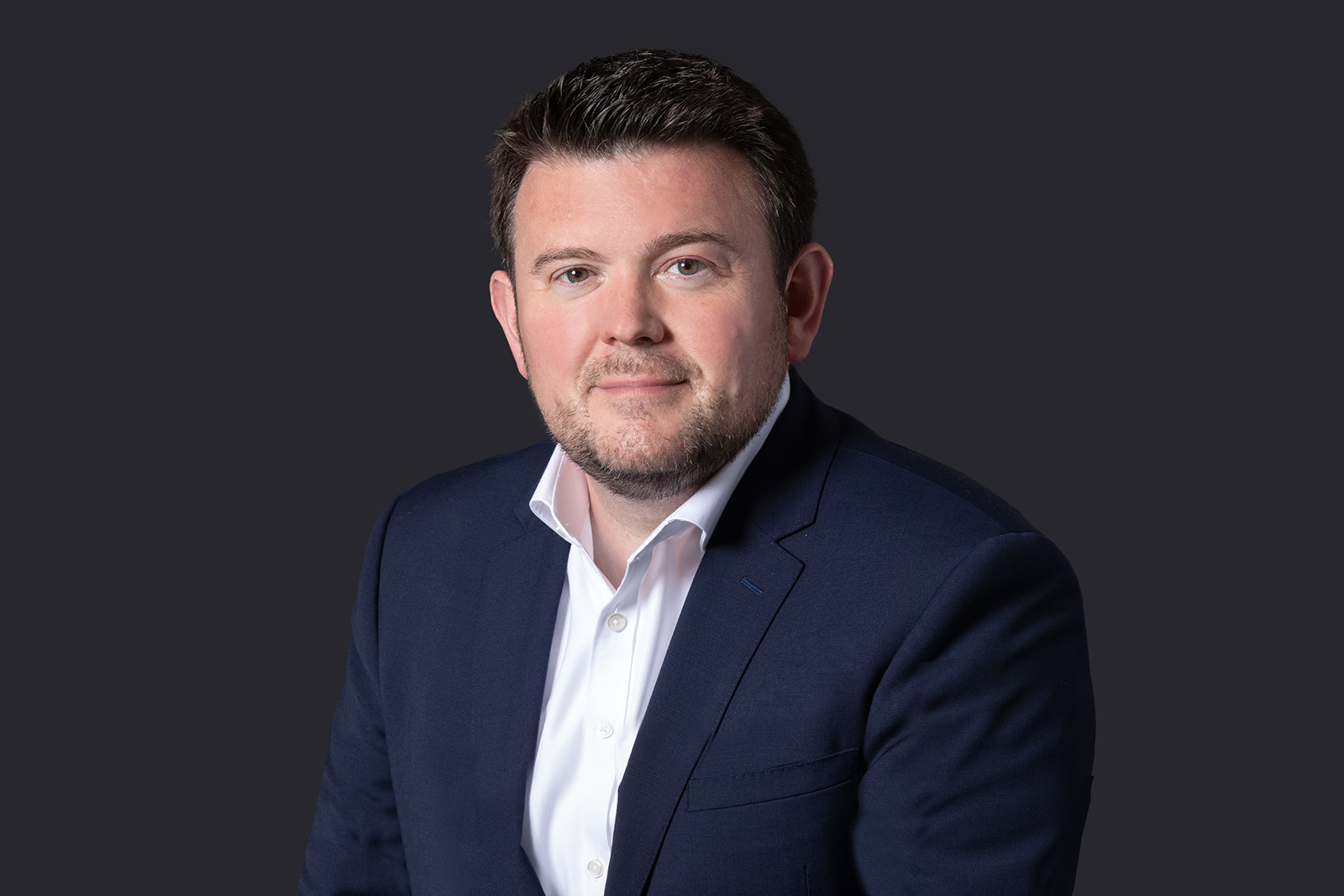
We were delighted at the level or interest and interaction on the Social Mobility stall at the HACC22 marketplace. Our ‘career ladder’ provided a brilliant conversation starter, and a genuine visual representation of the unseen challenges and bias that can exist. It was clear from the conversations that people had experienced elements from both sides of the ladder, and that they were supportive of raising awareness of the barriers that can exist when hiring and retaining talent.
There has never been a more important time for organisations to explore the topic of social mobility within their businesses, as it will only continue to increase in priority as the war for talent and ‘the great resignation’ continue to have an impact on resourcing within all sectors. Sarah Atkinson (CEO of The Social Mobility Foundation) and Suki Tonks (Co-Chair of the Browne Jacobson Social Mobility Committee) delivered a wonderful presentation covering what social mobility is (including a bit of jargon busting and a look at the overall picture of social mobility within the UK), how social mobility present itself in the workplace and why it matters, and they concluded with some excellent practical steps for organisations to take immediately and without the need for financial resource.
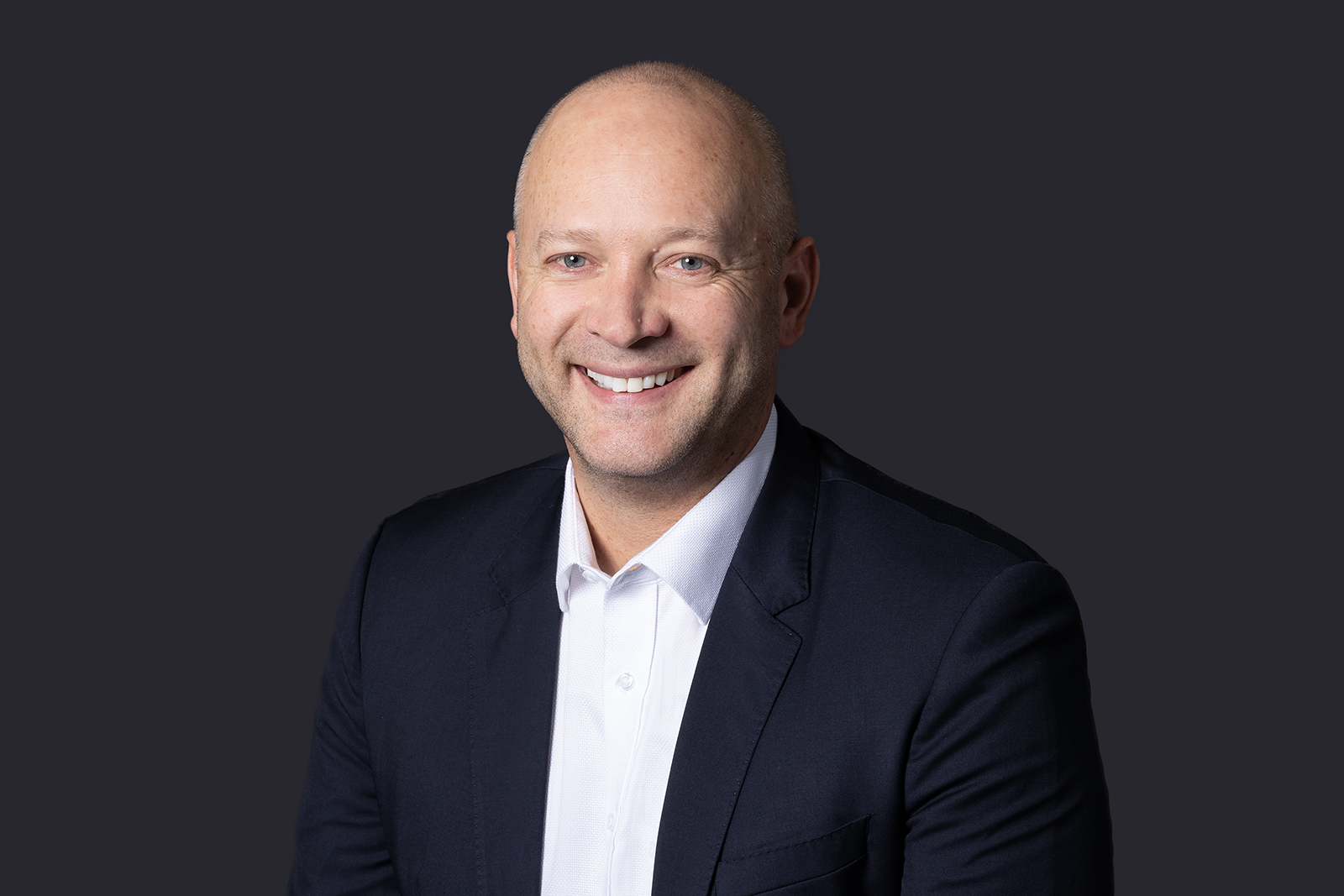
Browne Jacobson’s Health and Care Connect conference came hot on the heels of the of new environmental duties on NHS England under the Health and Care Act 2022. The new duties require the NHS to contribute towards statutory emissions and environmental targets and to specifically address:
- the UK net zero emissions target;
- the environmental targets within the Environment Act 2021, and;
- to adapt to any current or predicted impacts of climate change identified within the 2008 Climate Change Act
The task implied by this deceptively short list is significant, and it was not surprise that delegates at the conference were themselves only just starting to get to grips with what was needed.
For example, the environmental targets under the Environment Act 2021 include objectives relating to air quality, water use and quality, biodiversity conservation, resource efficiency and waste reduction.
Where do you start with understanding how an individual hospital delivers in relation to all of these? How to account for interdependencies between, for example, water quality, aquatic biodiversity, and climate change?
Maybe Voltaire has the answer in the quote, ‘the perfect is the enemy of the good’, often paraphrased as ‘don’t let the perfect be the enemy of the good enough’.
Understanding what the new duties require, and how the NHS can respond to and deliver on them is going to be a long-term learning process.
The NHS has already made great progress in seeking to reach carbon net zero, and the Greener NHS process will pave the way for tackling and delivering on a wider range of environmental targets.
The potential opportunities for the environment and for healthcare are enticing. Green prescribing, sustainable urban drainage systems on the NHS estate, and challenging NHS suppliers to step up to the environmental mark are interventions that could reap rewards for patients, people and the planet.

The Corporate and Banking Transactions in Healthcare stand drew a lot of interest from attendees at the marketplace, particularly surrounding the firm’s involvement in the Independent Healthcare sector. Our recent transactional work in this field spans across all aspects of health and care, from large private equity and debt investments, to owner managed Buy & Build platforms. Our discussions with attendees highlighted the prevalence of investment opportunities in the health and care sector, and our exciting pipeline of proposed transactional work over the next 18 months reaffirms this.
The marketplace also ran an interactive corporate and banking themed quiz which put the attendees’ knowledge to the test. Congratulations to John Rowland, General Counsel at Elysium Healthcare who achieved the highest score – a Hotel Chocolat hamper is coming your way. Well done!

Patient complaints are a valuable resource for improving patient safety. They can act as a barometer to identify potential issues in care at an early stage. They can also provide organisations with an opportunity to learn directly from patient experiences and often gain data and insights which may not be available from other sources.
Good complaint handling includes using language that is easy to understand and communicating with patients and their families in a way that is appropriate to them and their circumstances.
Complaint responses should provide a full explanation for what has happened to satisfy the duty of candour. Responses which are easy to read and understand and which respond with appropriate tone and empathy can help resolve concerns in a timely manner.
As highlighted in the final Ockenden report, published on 30 March 2022, ‘Done well and in a timely manner, a complaint response can provide patients and families with the answers they deserve, allows areas of concern to be identified and can be used to analyse trends to improve services’.
We offer a number of services to support your organisation in resolving and learning from complaints:
- Deep dive thematic review of complaints to identify clinical themes, trends and learning
- Audit of complaint responses to identify areas for improvement in written communication
- Support in drafting or reviewing responses to letters of complaint
- Practical and be-spoke training to complaint teams on issues such as:
- The duty of candour
- What makes a letter difficult to read and understand?
- What separate processes and other investigations may follow including an overview of claims and inquests.
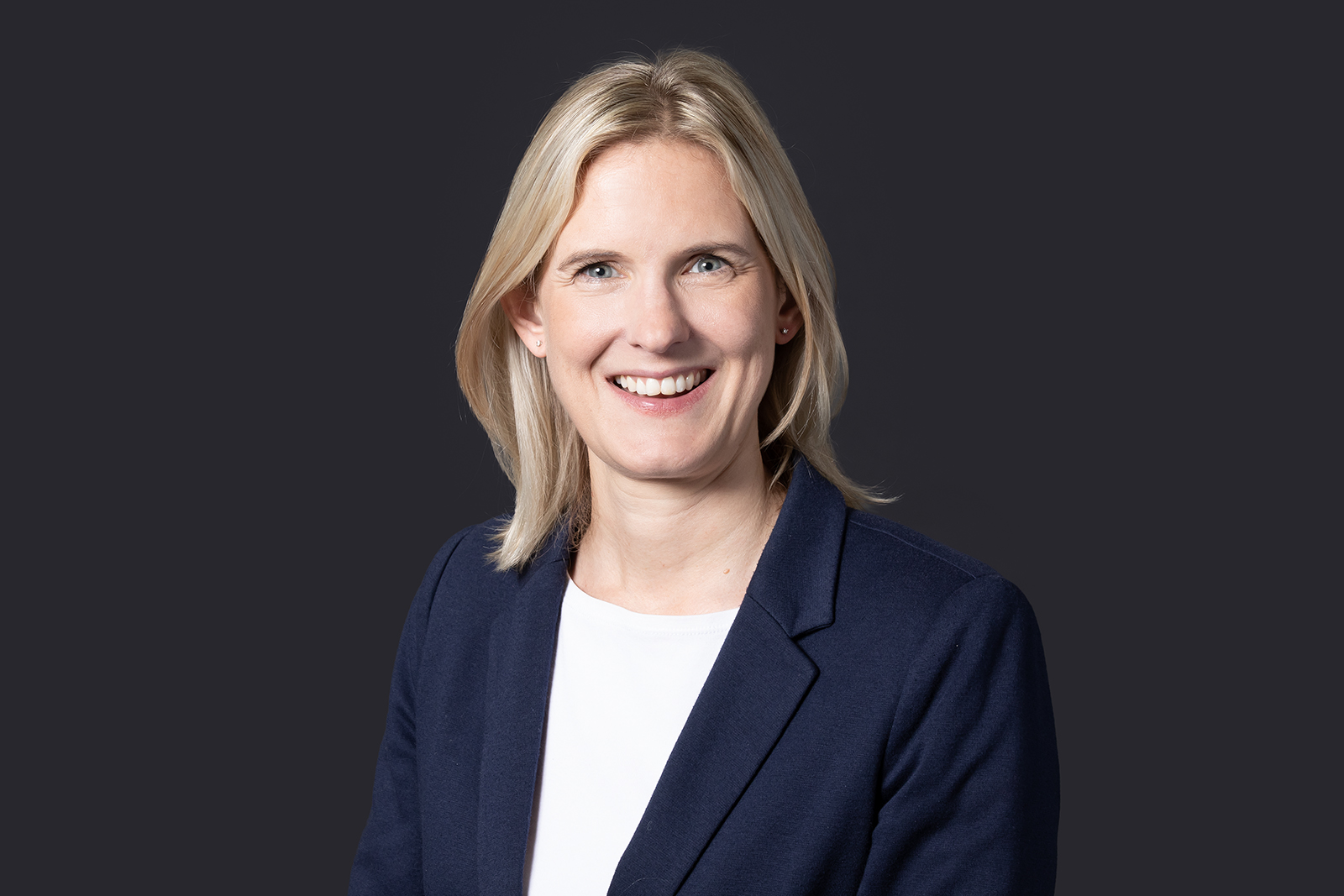
Browne Jacobson was delighted to welcome Professor Sir Jonathan Van-Tam as a key note speaker at our recent Health and Care Connect Conference. We are delighted to now share the film of this key note speech together with an article sharing the key insights written by Professor Sir Jonathan Van-Tam himself.

Browne Jacobson welcomed the Chief Coroner, His Honour, Judge Thomas Teague, KC as a guest speaker at our recent Health and Care Connect Conference. We are delighted to now publish the key insights from that session, authored by the Chief Coroner himself.

We spoke with a number of attendees from across the country at the inquiries and Investigations stand. Perhaps the most common discussion point was how an organisation could manage capacity issues at a time when business-as-usual activities continue to be particularly demanding. There was an understandable nervousness among some: being involved in a public inquiry can be a daunting experience and is one which some organisations - and even colleagues who have worked in the public sector for a long time – may have had no experience of.
There was much discussion about how, at the start of an inquiry process, organisations could set themselves up for dealing with document requests, and how organisations could be proactive in readying themselves for what very often does entail a lot of very important work. We discussed the advantages of working positively with Inquiry teams to agree memoranda of understanding and data sharing agreements early on the process, before requests for documentation come in thick and fast.
A number of attendees were aware of some of the big public Inquiries which Browne Jacobson have been involved in over the years and were keen to learn how some of those Inquiries had gathered evidence, and what their impacts were for the NHS. We agreed that early preparatory work for a current inquiry can be usefully informed by previous Inquiries. Considering the legal nature of the Inquiry being run and undertaking a careful analysis of the Terms of Reference is also vital.
This is a busy year for inquiries. A number of high profile inquiries will be in full swing when our conference returns next year. We look forward to further conversations then, and supporting clients with what we can in the meantime.

It was great to be a part of the Health and Care Conference. There’s a lot going on in Employment Healthcare at present, the impact of pay for healthcare workers which has led to potential for industrial action in the NHS, and remains a current source of difficulties for independent and social care providers attracting and retaining staff. Therefore, it is an unsettling time for many HR practitioners, leaders and managers. In addition to this culture and speaking up continue to be hot topics. Health and care organisations are urged to support their Freedom to Speak Up champions, Guardians, or ambassadors by engaging with them on any difficult areas. Carrying out surveys to find out if speak is working effectively and consider whether the 3 tiers of training on speak up as recommended by the NGO in the NHS might benefit your organisation. Another topic of interest is workforce sharing, which given the creation of system working following the introduction of ICBs and potential for industrial action, may become even more topical in 2023. We are currently working on ways to further support our clients who may be considering entering into such agreements.

One of the workshops on the day focused on Liberty Protection Safeguards (‘LPS’). Becky Fitzpatrick led the session and was joined by Her Honour Judge Carolyn Hilder, Senior Judge of the Court of Protection, Rhian Davies, Head of Legal at Mind and Professor Nav Ahluwalia, Consultant Psychiatrist and previous Associate Medical Director at Rotherham, Doncaster and South Humber NHS Foundation Trust (RDaSH).
The room was full, and this is not surprising given that LPS is a hot topic for our health and social care clients at the moment. As well as attending the workshop we hosted an LPS stall at the HACC marketplace; with it being such a fundamental future change to mental capacity law (and the biggest since the inception of the Mental Capacity Act in 2005), it required a stall of its own.
The workshop was incredibly interesting, as attendees got to hear the different approach to the LPS proposals; from a judicial, service user, clinical and lawyer’s point of view. There was real passion in the room about the move from a paternalistic approach and seeking to place the patient or service user at the heart of all decision making. Although this is of course the aim of the current legal framework, this is something that LPS seeks to push even further forward.
As expected, there were lots of questions from delegates (although not what we usually get asked which is when will LPS come in to force). If any clients across the sectors want to find out any more information, the Advisory and Inquest team has already delivered a series of helpful webinars which are available online. Given the further expected amendments to the proposals now the consultation period has come to an end, more free resources will be made available in due course. Please do feel free to contact our team for any further information.

The conversations on our Future of Legal Services stand proved that the attendees are as excited as us about the opportunities for legal services to evolve and for us to be able to provide legal support in different ways going forward.
After the last few years, it was lovely to be able to have discussions with so many people in person and it was a great opportunity to share information on our forthcoming products, test out new ideas and seek views on what else we might offer.
Whilst we were not able to speak to everyone, we had a very positive response to the online survey, which was available via the conference app. That survey remains live so, for anyone that has not had a chance to share their thoughts, please do so via this link. The survey is available to anyone, regardless of whether they attended the conference.
We would love to hear your thoughts and ideas, so please get in touch - either by completing the survey or contacting us directly.

We were delighted at the level or interest and interaction on the Social Mobility stall at the HACC22 marketplace. Our ‘career ladder’ provided a brilliant conversation starter, and a genuine visual representation of the unseen challenges and bias that can exist. It was clear from the conversations that people had experienced elements from both sides of the ladder, and that they were supportive of raising awareness of the barriers that can exist when hiring and retaining talent.
There has never been a more important time for organisations to explore the topic of social mobility within their businesses, as it will only continue to increase in priority as the war for talent and ‘the great resignation’ continue to have an impact on resourcing within all sectors. Sarah Atkinson (CEO of The Social Mobility Foundation) and Suki Tonks (Co-Chair of the Browne Jacobson Social Mobility Committee) delivered a wonderful presentation covering what social mobility is (including a bit of jargon busting and a look at the overall picture of social mobility within the UK), how social mobility present itself in the workplace and why it matters, and they concluded with some excellent practical steps for organisations to take immediately and without the need for financial resource.

Browne Jacobson’s Health and Care Connect conference came hot on the heels of the of new environmental duties on NHS England under the Health and Care Act 2022. The new duties require the NHS to contribute towards statutory emissions and environmental targets and to specifically address:
- the UK net zero emissions target;
- the environmental targets within the Environment Act 2021, and;
- to adapt to any current or predicted impacts of climate change identified within the 2008 Climate Change Act
The task implied by this deceptively short list is significant, and it was not surprise that delegates at the conference were themselves only just starting to get to grips with what was needed.
For example, the environmental targets under the Environment Act 2021 include objectives relating to air quality, water use and quality, biodiversity conservation, resource efficiency and waste reduction.
Where do you start with understanding how an individual hospital delivers in relation to all of these? How to account for interdependencies between, for example, water quality, aquatic biodiversity, and climate change?
Maybe Voltaire has the answer in the quote, ‘the perfect is the enemy of the good’, often paraphrased as ‘don’t let the perfect be the enemy of the good enough’.
Understanding what the new duties require, and how the NHS can respond to and deliver on them is going to be a long-term learning process.
The NHS has already made great progress in seeking to reach carbon net zero, and the Greener NHS process will pave the way for tackling and delivering on a wider range of environmental targets.
The potential opportunities for the environment and for healthcare are enticing. Green prescribing, sustainable urban drainage systems on the NHS estate, and challenging NHS suppliers to step up to the environmental mark are interventions that could reap rewards for patients, people and the planet.

The Corporate and Banking Transactions in Healthcare stand drew a lot of interest from attendees at the marketplace, particularly surrounding the firm’s involvement in the Independent Healthcare sector. Our recent transactional work in this field spans across all aspects of health and care, from large private equity and debt investments, to owner managed Buy & Build platforms. Our discussions with attendees highlighted the prevalence of investment opportunities in the health and care sector, and our exciting pipeline of proposed transactional work over the next 18 months reaffirms this.
The marketplace also ran an interactive corporate and banking themed quiz which put the attendees’ knowledge to the test. Congratulations to John Rowland, General Counsel at Elysium Healthcare who achieved the highest score – a Hotel Chocolat hamper is coming your way. Well done!

Patient complaints are a valuable resource for improving patient safety. They can act as a barometer to identify potential issues in care at an early stage. They can also provide organisations with an opportunity to learn directly from patient experiences and often gain data and insights which may not be available from other sources.
Good complaint handling includes using language that is easy to understand and communicating with patients and their families in a way that is appropriate to them and their circumstances.
Complaint responses should provide a full explanation for what has happened to satisfy the duty of candour. Responses which are easy to read and understand and which respond with appropriate tone and empathy can help resolve concerns in a timely manner.
As highlighted in the final Ockenden report, published on 30 March 2022, ‘Done well and in a timely manner, a complaint response can provide patients and families with the answers they deserve, allows areas of concern to be identified and can be used to analyse trends to improve services’.
We offer a number of services to support your organisation in resolving and learning from complaints:
- Deep dive thematic review of complaints to identify clinical themes, trends and learning
- Audit of complaint responses to identify areas for improvement in written communication
- Support in drafting or reviewing responses to letters of complaint
- Practical and be-spoke training to complaint teams on issues such as:
- The duty of candour
- What makes a letter difficult to read and understand?
- What separate processes and other investigations may follow including an overview of claims and inquests.

Key contacts
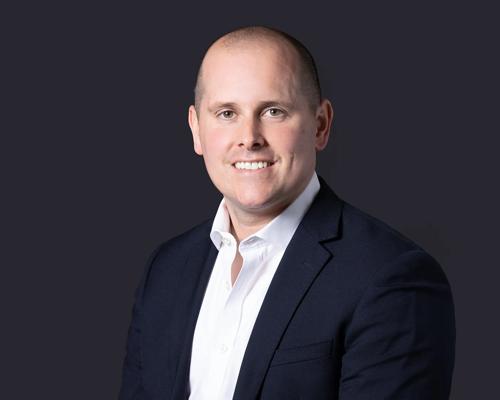
Steve Atkinson
Principal Associate
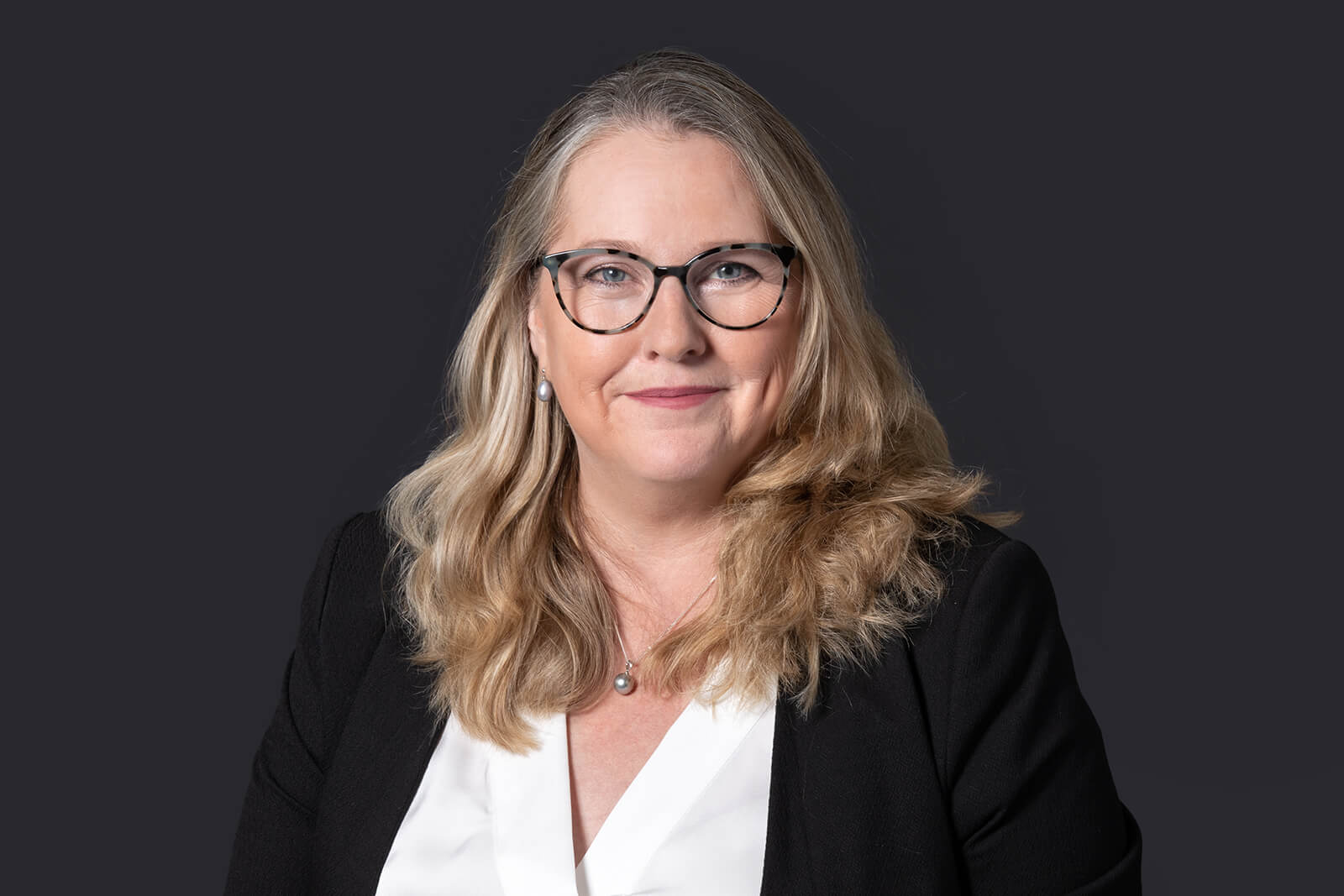
Clare Auty
Partner

Helen Badger
Partner
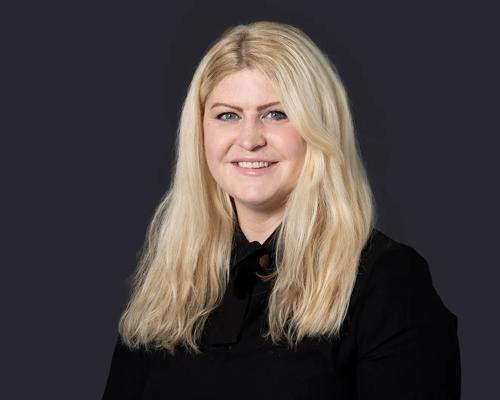
Victoria Colclough
Partner
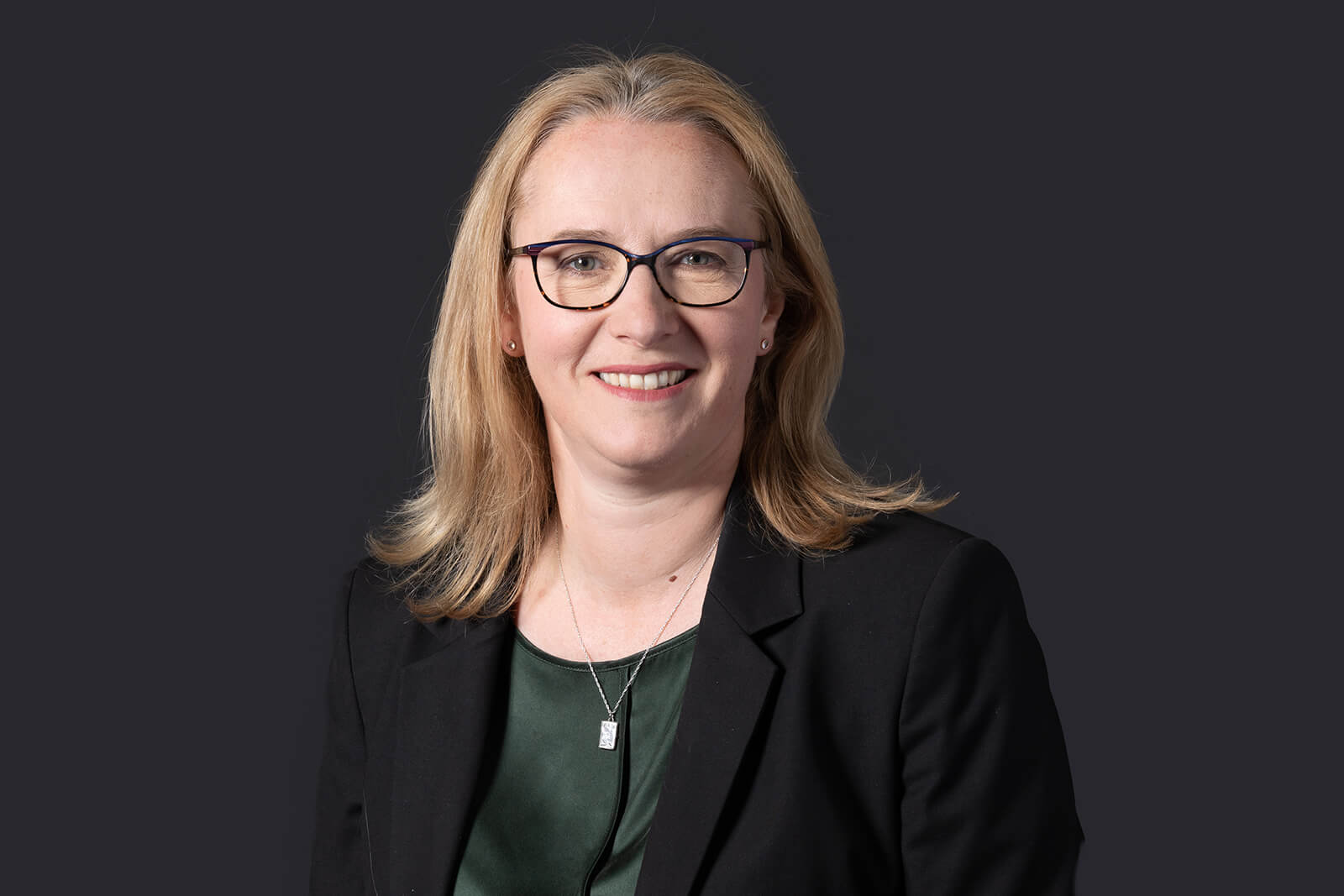
Lorna Hardman
Partner
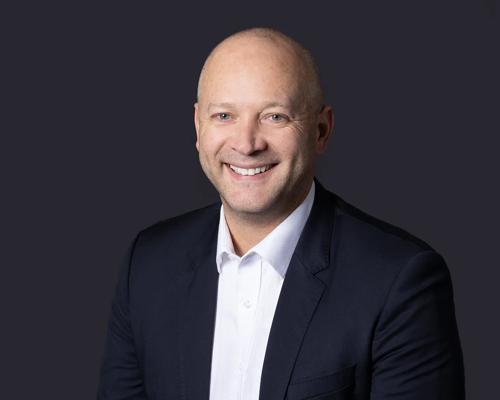
Tom Lyas
Head of Resourcing & Social Mobility
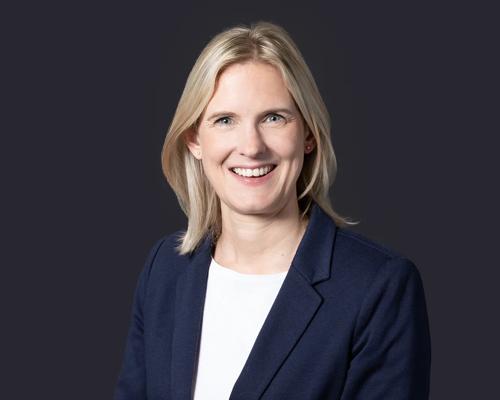
Amelia Newbold
Risk Management Lead
Author






































